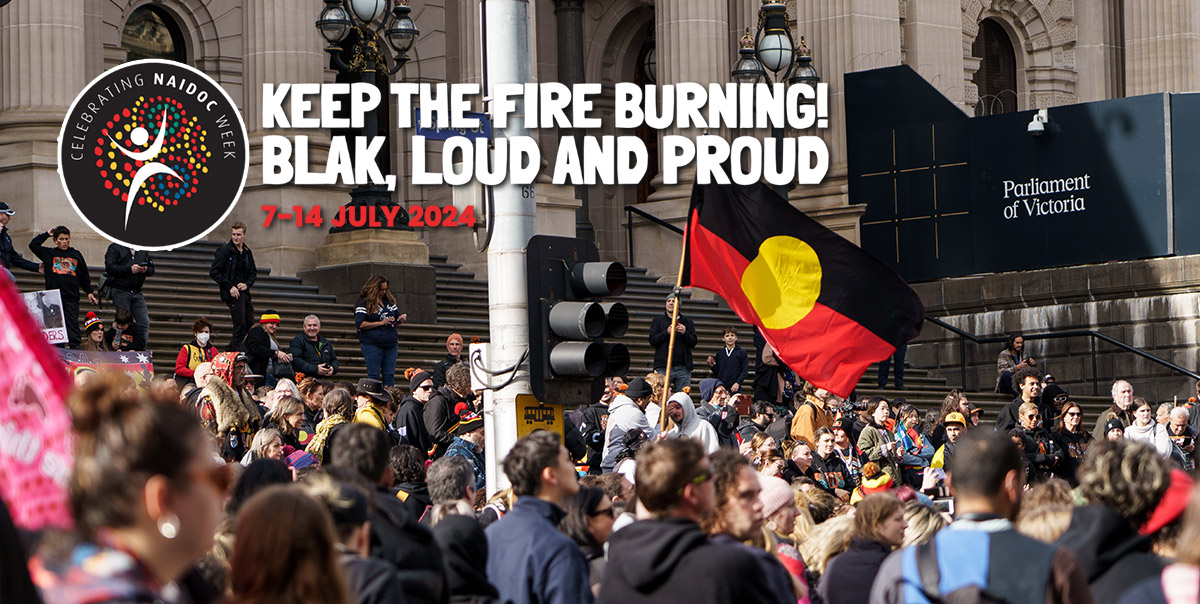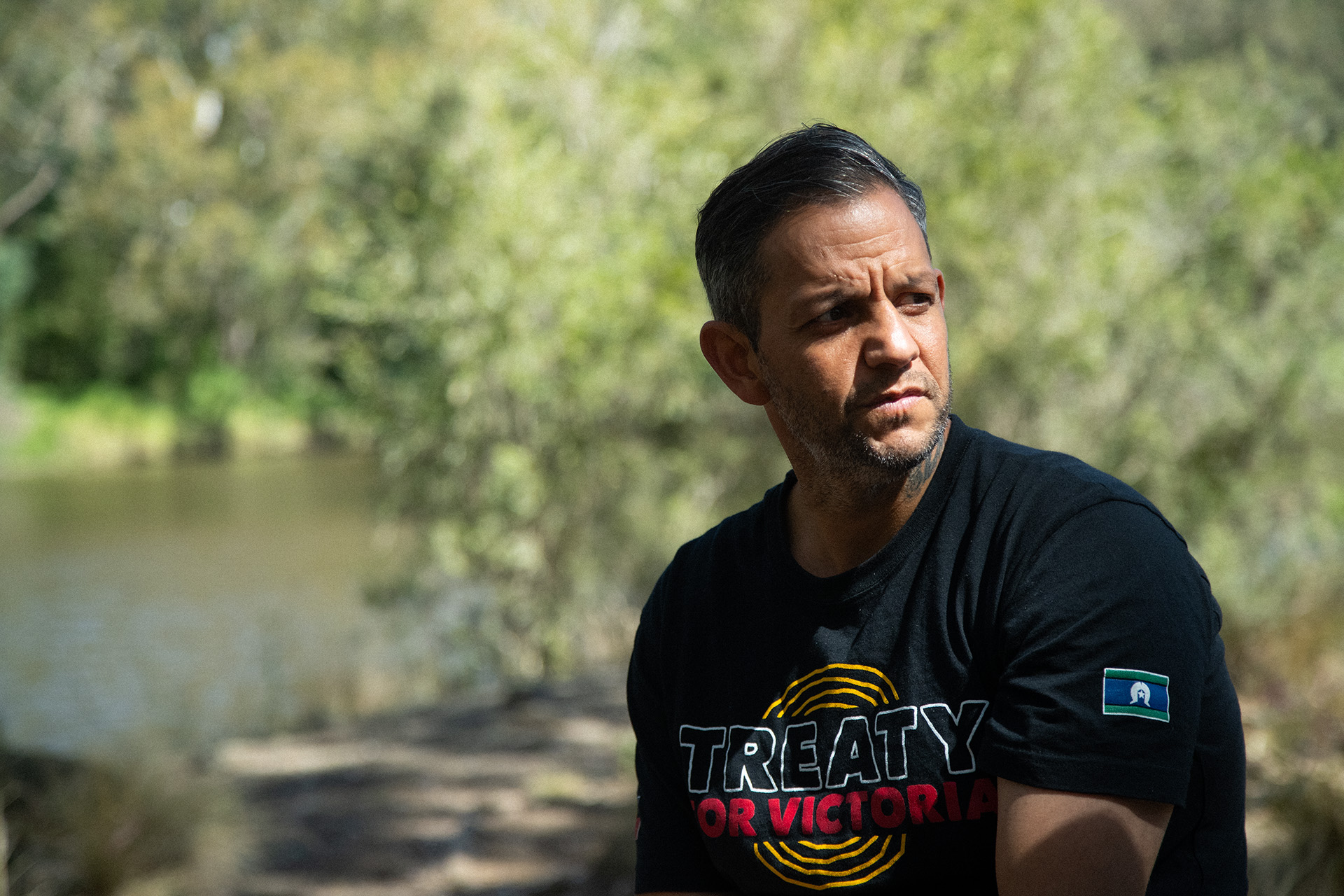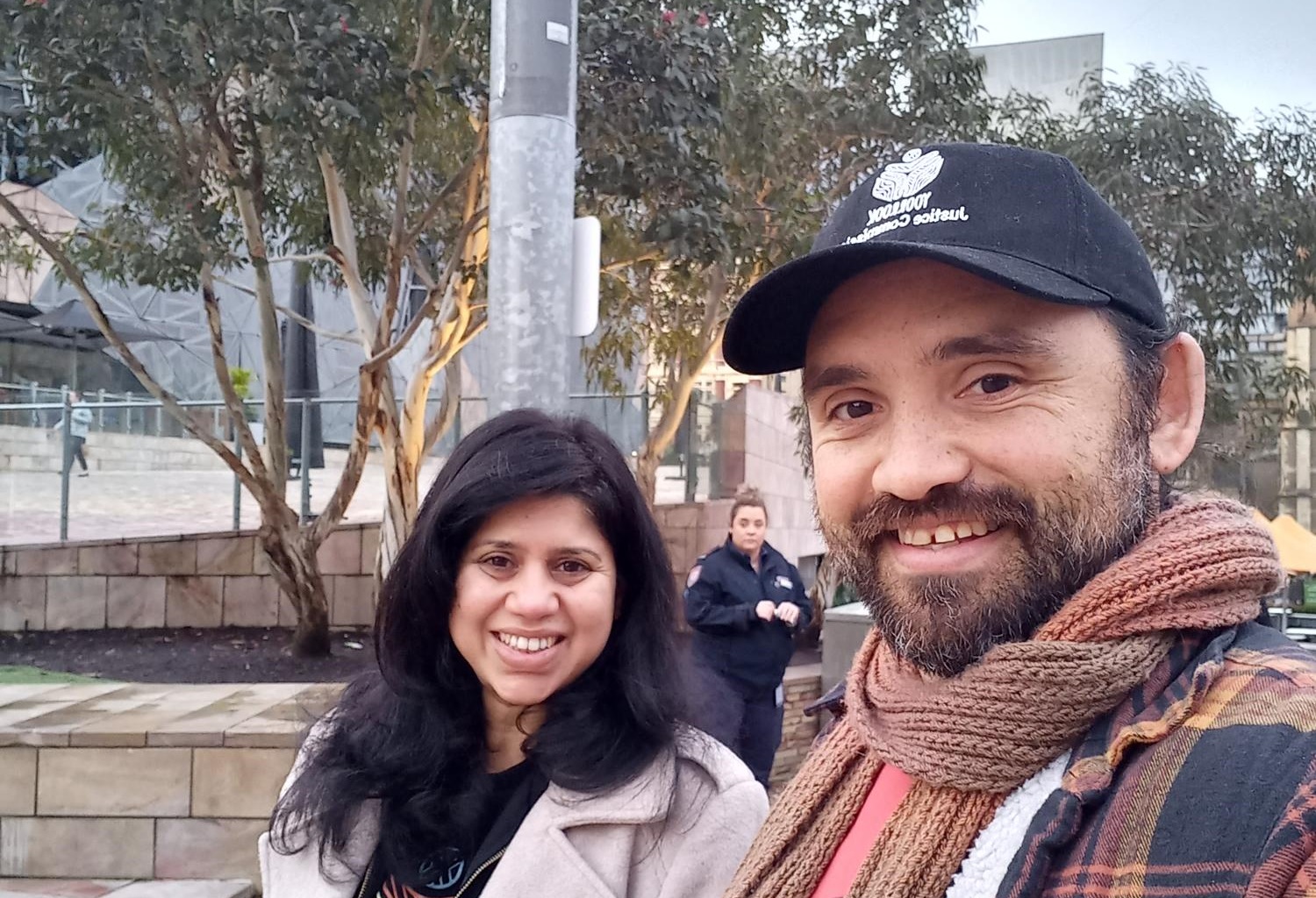Pregnant Aboriginal women are living in fear due to Victoria’s unborn child protection notifications
In evidence to Yoorrook, the Victorian government acknowledged more than half of all child protection notifications made against Aboriginal families were unsubstantiated
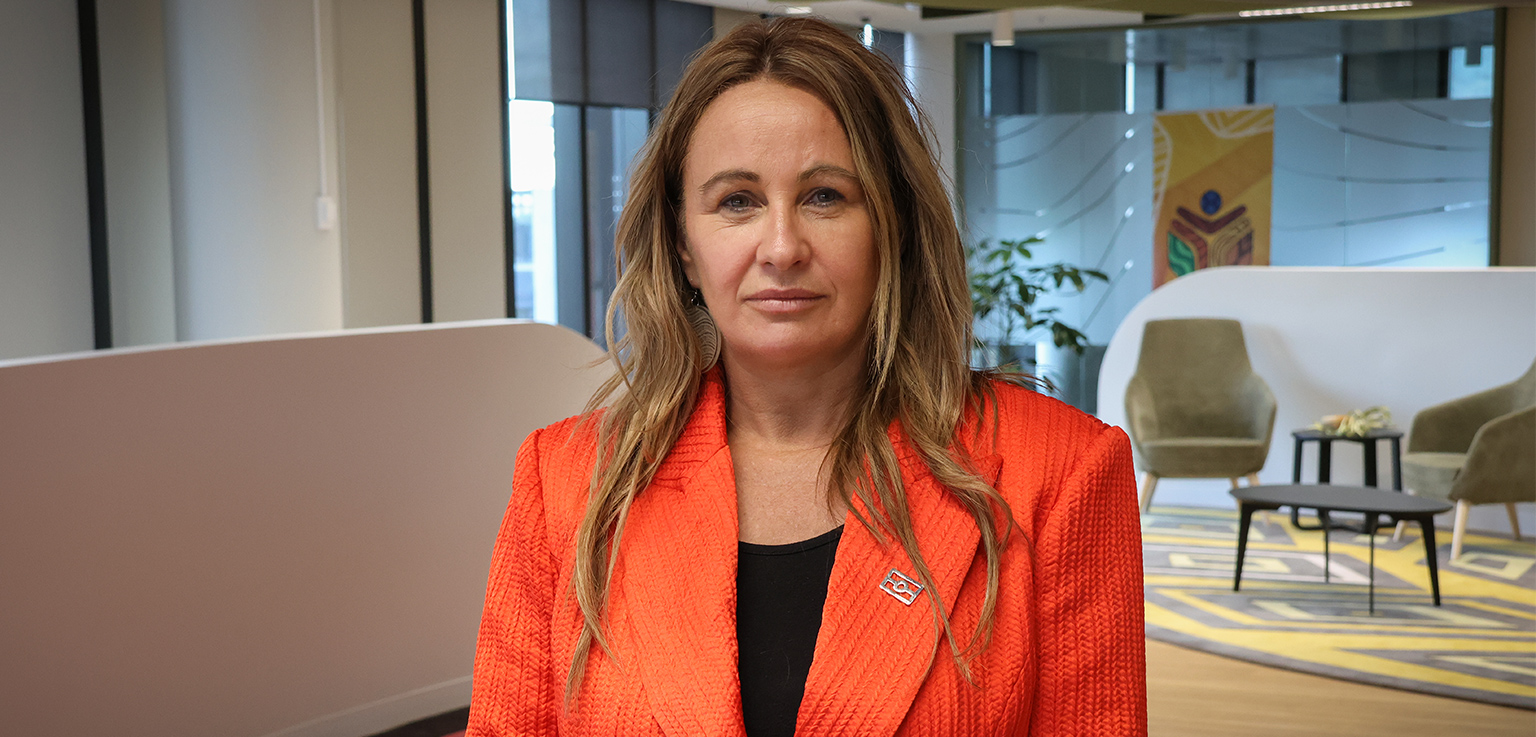
By Sue-Anne Hunter
Melissa*, an Aboriginal woman, was five weeks’ pregnant when a mark was made against her name – an unborn child protection notification.
There had been an altercation with her partner at the time and neighbours had called police about a noise disturbance. Melissa was asked by police if she had been drinking. She said she hadn’t because she was pregnant.
Yet, in the officers’ eyes, this incident was enough to justify an unborn notification being made.
This, in turn, triggered a process in which likely birthing hospitals were sent a notification, alerting them to contact child protection immediately if the baby was born in their facility.
Legislation prevents child protection workers investigating or substantiating the alleged risk to the baby while it is still in utero, so the notification stays there until birth.
Most expectant mothers aren’t told about a notification; for the final eight-and-a-half months of Melissa’s pregnancy, it was never mentioned to her.
Then, once her baby was born, and before her family had arrived, child protection workers turned up at the hospital to consider removing the child.
This process isn’t only deeply traumatic for the mother and baby, it is also deeply unfair – and comes off the back of more than two centuries of Aboriginal children being removed from their families at the hands of the state.
It often means risks to the baby aren’t dealt with before birth.
It also enables harmful and unfair negative stereotypes of Aboriginal mothers to influence life-changing decisions that are being made about the mother and child.
This heartbreaking story was shared by Karinda Taylor, the chief executive of First Peoples’ Health and Wellbeing in evidence to the Yoorrook Justice Commission, Victoria’s truth telling process.
Thankfully Melissa contacted FPHW when child protection workers turned up at the hospital. The service dropped everything to advocate and fight for Melissa and her baby – to explain that she had support, that she wasn’t living with her former partner anymore and wasn’t at risk of family violence.
Several days later, Melissa was allowed to take her baby home. But it shouldn’t have come to this, and it couldn’t take away the trauma that followed them home.
Unfortunately, Melissa’s experience is not unique.
Hundreds of unborn notifications are made against Aboriginal mothers in Victoria each year, of which at least one in five result in the child being removed before they are three months old.
Due to policies and practices that removed – and continue to remove – our babies, almost all of the Aboriginal mothers I know who have given birth in a hospital had some underlying fear that their baby would be taken away by child protection.
This is our reality as Aboriginal women. This was my reality. And the fear doesn’t subside as our babies grow up.
Right now, about one in 10 Aboriginal children have been removed from their families and are living in state care, while about a quarter have been subject to a child protection report of some kind.
Every number is a child. Every child who is removed from their family is a child taken away from their community and left with a big hole, too often filled with grief, confusion, anger and disconnection from culture and kin.
In evidence to Yoorrook, the Victorian government acknowledged that over half of all child protection notifications made against Aboriginal families were unsubstantiated, and that racism was a contributing factor.
The pipeline between child protection and the criminal justice system is well-established. Three-quarters of all Aboriginal young people aged 10 to 13 in the youth justice system have been in contact with child protection previously.
The reality for many Aboriginal babies subject to child protection notifications is that the state has already set them on a conveyor belt, stopping first in the child protection system before moving on to criminal offending.
The fact this concept exists is barely conceivable; that it continues is reprehensible.
The minister for child protection and family services told Yoorrook the continued overrepresentation of First Peoples children in the child protection system was “shameful”, while in a letter, the premier, Daniel Andrews, acknowledged it was “a source of great shame” for his government.
It is shameful because, despite knowing about the problems, decisions have repeatedly been made that allowed these problems to worsen at the expense of Aboriginal children and their families.
Yoorrook has heard no less than seven apologies from government representatives, as well as often emotional acknowledgements of human rights violations, systemic racism and harm caused by the state against Aboriginal people.
It is important these words are on the public record – our people have waited a long time to hear them – but they mean little if the colonial systems that continue to perpetuate injustice against our people do not change.
At the end of August, Yoorrook will release its Critical Issues report into Victoria’s child protection and criminal justice systems. We will make important recommendations for transformative change.
If the words of the premier and the ministers and bureaucrats who fronted Yoorrook are genuine, these recommendations must be accepted in full. And they must be followed swiftly with action.
Only then will we be able to start to create a better, fairer future for all Victorians.
* not her real name
Sue-Anne Hunter is a Commissioner and the Deputy Chair of the Yoorrook Justice Commission.
